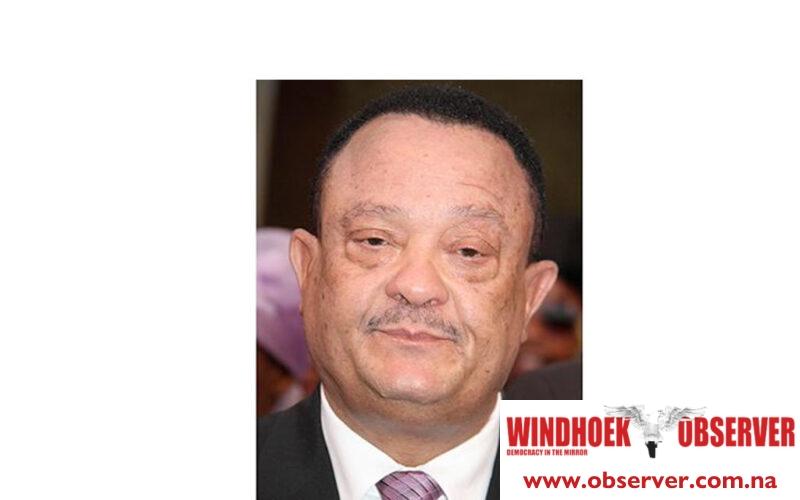Hertta-Maria Amutenja
In light of a recent incident involving a Namibian diplomat and his family, former Namibian ambassador Pius Dunaiski has highlighted the need for clear guidelines to address crimes committed by diplomats stationed abroad.
The retired diplomat emphasised that while diplomatic immunity provides necessary protections, it can also complicate the pursuit of justice in cases where serious crimes are alleged.
“It is a very difficult case because the embassy itself, as well as the people who live within the embassy, enjoy diplomatic immunity,” Dunaiski explained.
“The host country cannot simply arrest anyone without consent from the Executive Director of the Ministry of International Relations and Cooperation (MIRCO). This creates challenges, as diplomats and their families retain immunity even in serious incidents,” he said.
Dunaiski, reflecting on the complexities of handling such matters, pointed out that some diplomatic missions are particularly susceptible to social issues, including substance abuse. The isolation and pressures of foreign posts often intensify these issues, he said, making support systems vital for diplomats and their families.
Ambassador Dunaiski noted that while diplomatic immunity is rooted in the 1961 Vienna Convention on Diplomatic Relations, the protections are not without limits.
“There are no specific guidelines on paper addressing crimes or gender-based violence committed by diplomats, but if an individual is found on the wrong side of the law, MIRCO may waive their immunity,” he said.
The discussion around diplomatic immunity in Namibia follows high-profile incidents, including recent cases in Cuba and Ethiopia.
In the latest case, the Namibian ambassador to Cuba, Samuel Goagoseb, questioned reports alleging his elder son’s involvement in the stabbing death of his younger son.
The incident occurred within the diplomatic residence, raising challenges due to the protections afforded by immunity.
While Cuban authorities reportedly chose not to intervene directly, they instead opted to deport Goagoseb’s son to Namibia, where further investigation may take place.
The process of waiving immunity, however, requires express consent from the diplomat’s home country.
MIRCO executive director, Penda Naanda reinforced this position, stating that “diplomats cannot be arrested by the host country unless MIRCO waives their diplomatic rights.”
Naanda added that diplomatic immunity does not grant “carte blanche” to diplomats, noting that crimes committed overseas may still have legal consequences once back in Namibia.
The Vienna Convention outlines that diplomats must respect the laws of the host country, even though they are shielded from certain jurisdictions.
Article 31 provides immunity from criminal jurisdiction, while Article 41 emphasizes that diplomats must still respect local laws.
Should a serious crime occur, the host country may request that the sending country waive immunity to allow prosecution.
The complexity of managing cases involving diplomats has been underscored by multiple instances worldwide.
For example, a Zimbabwean diplomat in South Africa faced domestic violence allegations in 2013 but avoided prosecution due to immunity.
Similarly, Egyptian and South Sudanese diplomats accused of assault in Kenya and Ethiopia were also shielded by diplomatic protections, prompting diplomatic negotiations for a resolution.




